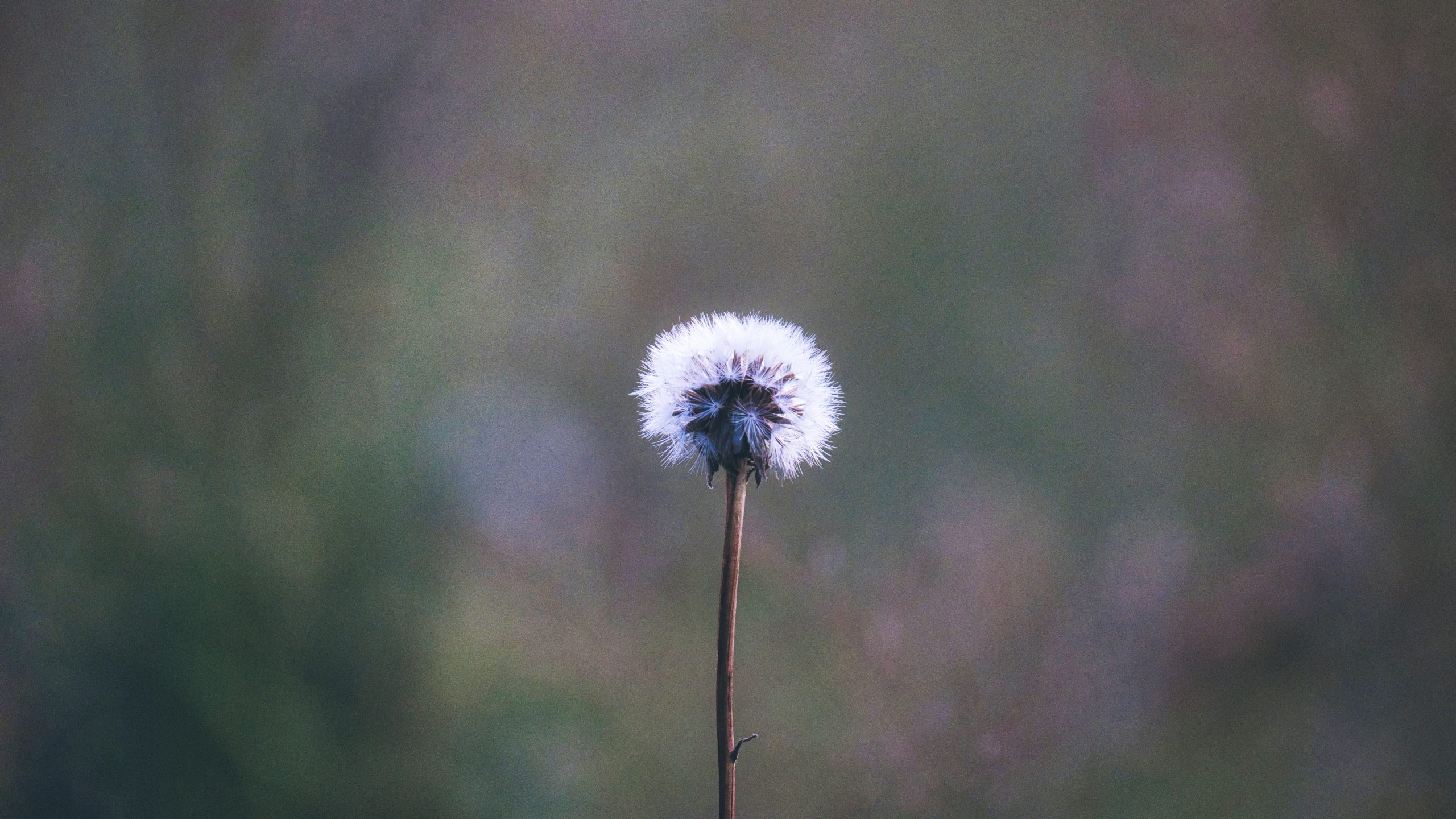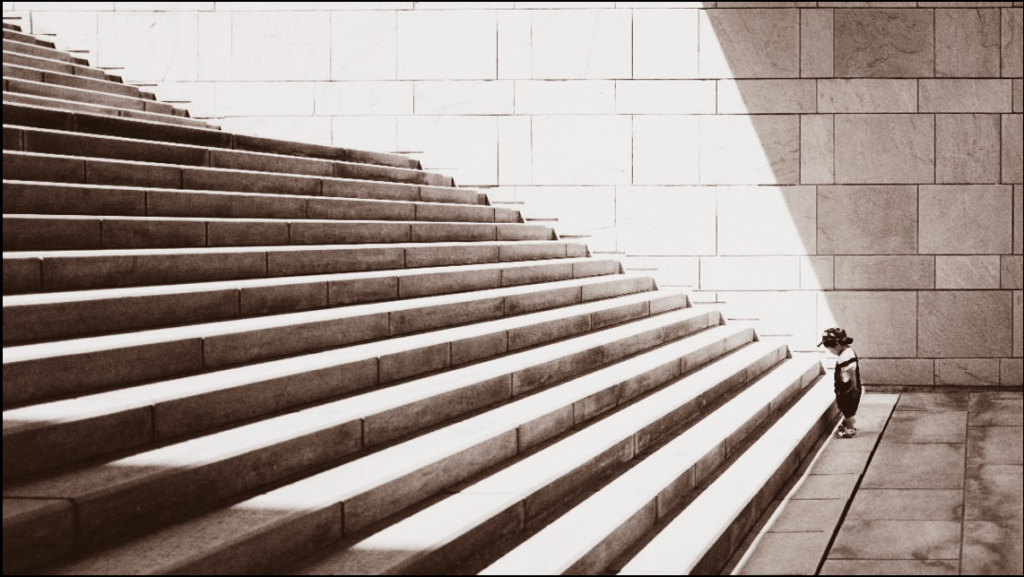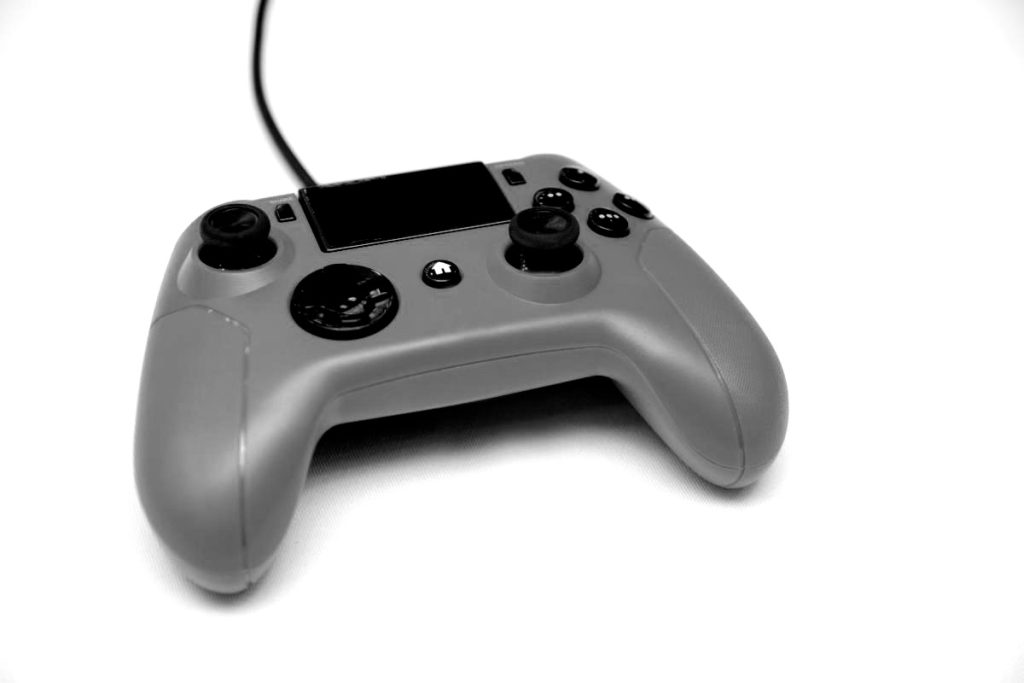New Meditation of the Month is HERE.
I’m facing SEVERAL upcoming conversations I’d give almost anything to avoid.
So much so, that some might argue that’s why for several days this week I developed a condition where it was nearly impossible to eat or drink anything.
Any kind of speaking was painful.
As I write this, I’m 98% recovered but I can’t help but wonder how all this reflects on Vulnerability (the theme of this month’s new meditation) HERE.
And while I agree with Susan Sontag’s landmark essay that there are tremendous dangers in viewing Illness as Metaphor, nonetheless, my prescription antiseptic mouthwash’s primary function was indeed to numb.
One of the insight cards in the board game Transformation I’ve often struggled with is:
Vulnerability is Perfect Protection.
I mean…is it?
I wonder if even Brené Brown (if you are one of the 20 people alive who hasn’t seen her TED Talk, it’s HERE; watch it and then you can join the other 54 million converts) would agree.
As she says in it:
“Vulnerability is not weakness.
I define vulnerability as emotional risk, exposure, uncertainty.
It fuels our daily lives.”
But does vulnerability actually protect us?
Or does it merely add to our challenges?
One of the key components of being vulnerable is being in a position where it’s safe to be so.
To quote Brené again (she IS the queen of this topic) in The Gifts of Imperfection:
“If we share our shame story with the wrong person, they can easily become one more piece of flying debris in an already dangerous storm.”
You have to make smart choices, in other words, about how and when you’re going to be vulnerable.
Otherwise, you’re volunteering to toss yourself into an emotional tornado.
You may land in OZ…or just in a much worse version of your current circumstances.
It seems I last wrote about this topic over seven years ago, inspired by an encounter from someone central to my past I’d run into after a decade of silence.
In all that time––and all the time since––there has been not a single moment of acknowledgment, much less apology, for any of their part in our drama.
(I’ve always been happy to take exactly 51% of the blame).
I can only assume that utter lack of vulnerability must be a strategy to save face, to appear strong and powerful.
“It’s not me, it’s you,” basically.
Yet the paradox of taking no responsibility for your own flawed past is that not only do you deprive yourself of the opportunity to learn anything, you basically cast yourself as a complete victim.
Trying to convince yourself that nothing was ever your fault means that you’ve had absolutely no control over anything in your life.
Looking back, I only now realize that my sincerest apologies
bizarrely often transformed into my most empowered moments.
Sometimes, being vulnerable paradoxically gives you a kind of control, at least over your own narrative.
As a creative artist––and coach for many creative artists––I’m acutely aware that for something to resonate universally, it must be true at the most intimate level.
To quote Brené Brown one final time:
“To create is to make something that has never existed before. There’s nothing more vulnerable than that.”
And yet…
Newsflash: “Artists” or not, that’s what all of us are doing, all of the time.
We’re creating our unscripted lives moment by moment.
And that makes all of us intensely vulnerable, always.
Brené Brown concludes her TED Talk on vulnerability by revealing that the distinguishing factor that allows a person to live with vulnerability, or as she describes it, wholeheartedly, is simply believing one is worthy.
That’s only possible once we’ve learned that Worthy ≠ Perfect.
Once you truly believe you’re worthy, you can definitely afford to take the risk of being vulnerable.
Ultimately, perhaps it’s that kind of vulnerability––backed by worthiness and wholeheartedness––that might just end up being perfect protection after all.
Enjoy the Meditation.
Namaste for Now,
P.S. I enjoyed working with a new composer, Andrew Shapiro, for this meditation…
Please let me know what you think in the comments HERE.






